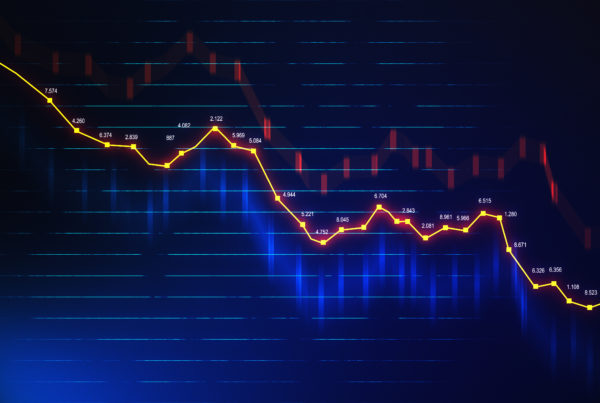The fight for regulatory clarity isn’t over yet, however, as the SEC will likely appeal the decision and continue to pursue similar cases in the future, analysts wrote.
The U.S. Southern District Court’s ruling in partial favor of payments network Ripple represents a landmark win for the crypto industry and provides clarity as to what does and doesn’t represent a security, investment bank JMP Securities wrote in a research note Friday.
“Large capital pools have been reticent to engage in the industry with unclear rules of the road, while the related overhang has also slowed innovation, adoption, and just overall crypto ecosystem valuation, in our opinion — accelerating as regulatory actions heated up over the past year,” analysts wrote.
“This ruling is undoubtedly a milestone win for the industry. It provides legal clarity and defense around what does and does not constitute a security, and that overall outcome is in favor of what many in the industry had been arguing,” they continued.
In a ruling on Thursday, a U.S. judge ruled that Ripple’s XRP token should not be considered a security if sold via an exchange or through programmatic sales.
Crypto prices rallied on the news, underpinning the importance this ruling has for the industry. Bitcoin (BTC) gained 3.6% on Thursday before retreating about 1.4% on Friday.
While Ripple’s win is certainly positive, JMP also noted that this isn’t the end of the regulatory fight for the crypto industry, as the SEC can appeal the ruling and will also likely continue to pursue similar cases in the future.
“We do believe the industry has now established stronger ground for the time being which could affect ongoing cases, and also the pace of further litigation, but at a high level, we do not think the regulatory overhang simply disappears, it just lessens,” the note stated.
There are still many unanswered legal questions for the industry to operate to its full potential, the analysts continued, which is why it’s important to hear the tone and developments from lawmakers and regulators in Washington D.C.






